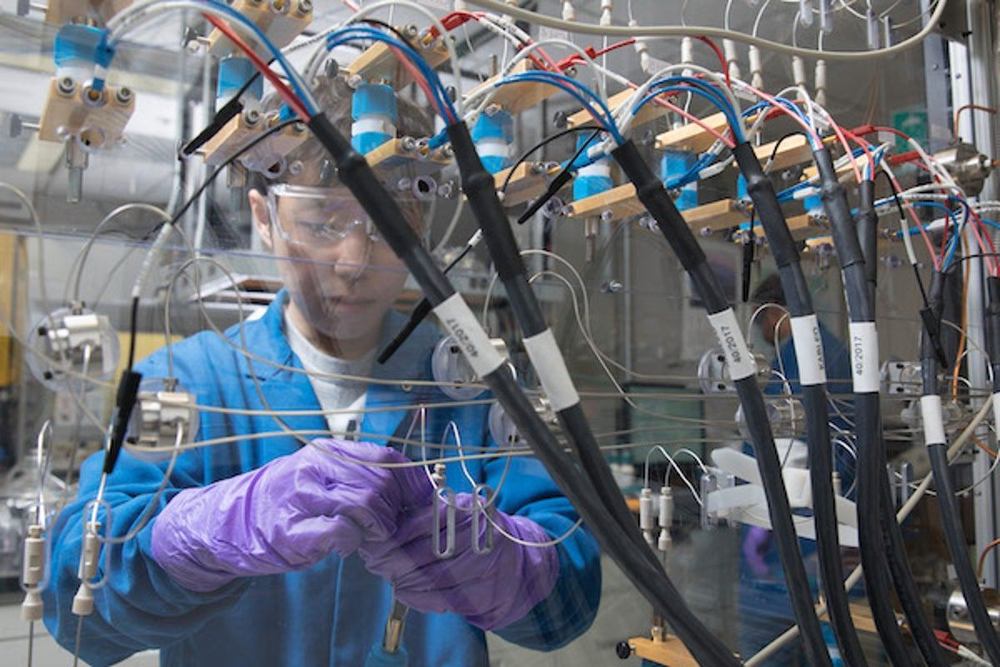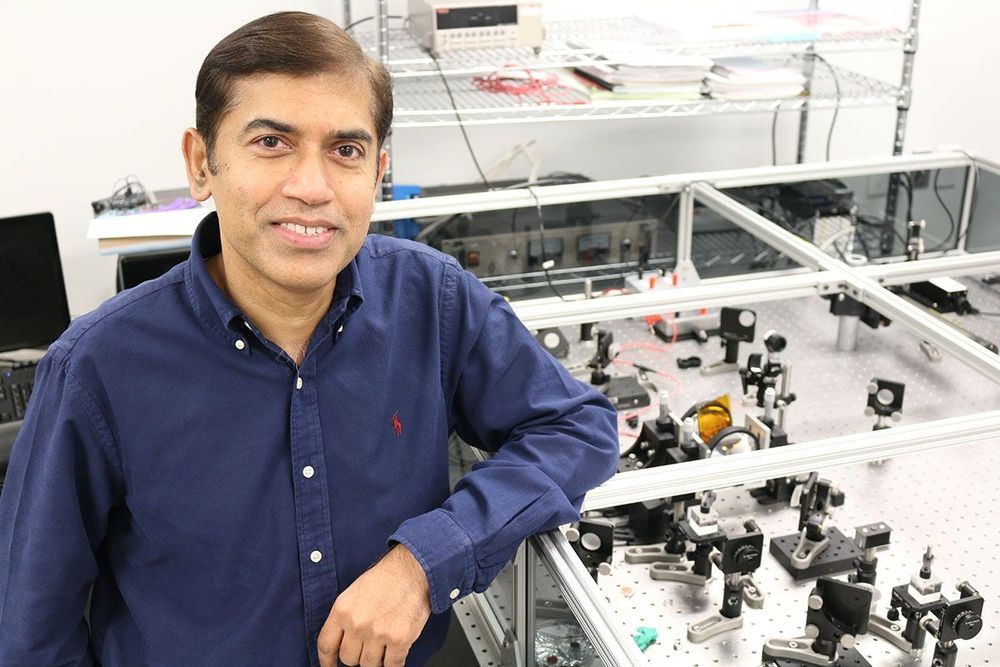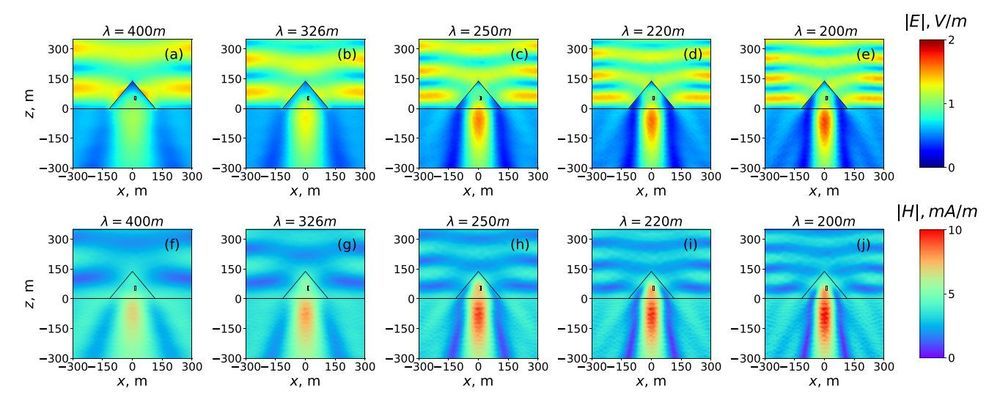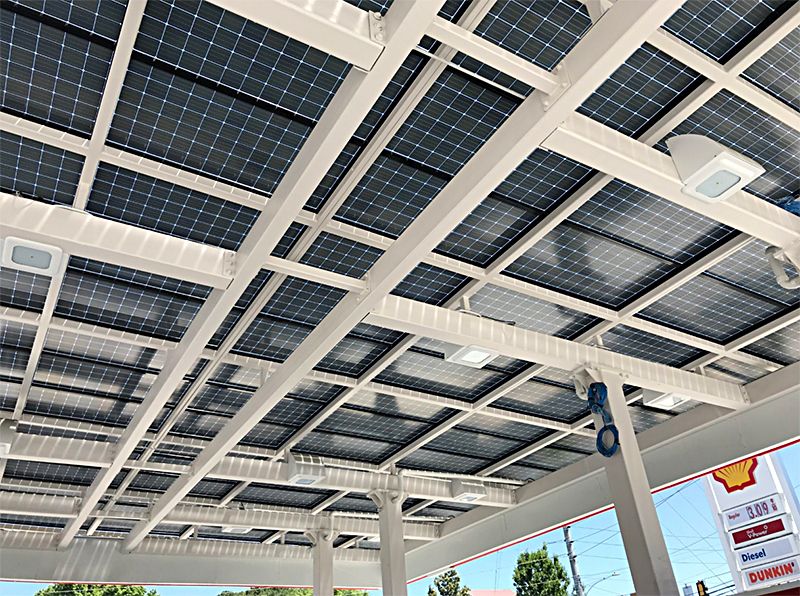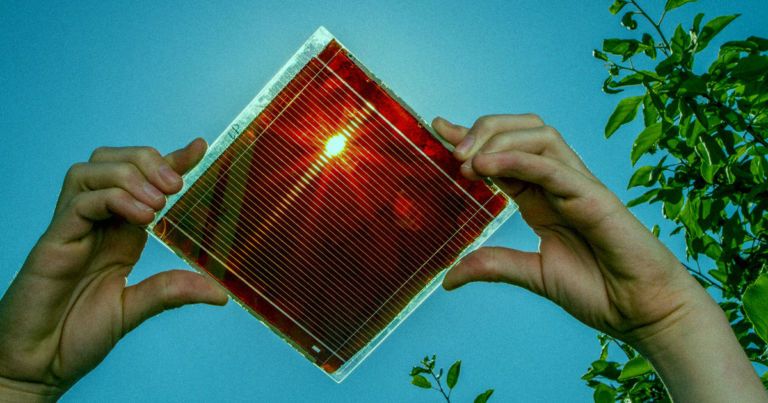Jan 14, 2020
IBM’s Plan to Design Solid-State Batteries Using Quantum Tech
Posted by Omuterema Akhahenda in categories: computing, quantum physics, solar power, sustainability
Batteries are the key to decarboni z ing both transport and the grid, but today’s technology is still a long way from living up to this promise. IBM seems to have decided its computing chops are the key to solving the problem.
Lithium-ion batteries are still the gold standard technology in this field, and they’ve come a long way; 10 years ago they could just about get your iPod through the day, today they can power high-performance cars over hundreds of miles.
But if we want to reach a point w h ere batteries can outperform gasoline or store huge amounts of solar energy, we need some breakthroughs. So IBM has teamed up with Mercedes-Benz and its parent company Daimler to develop new batteries that could match up to our needs.



